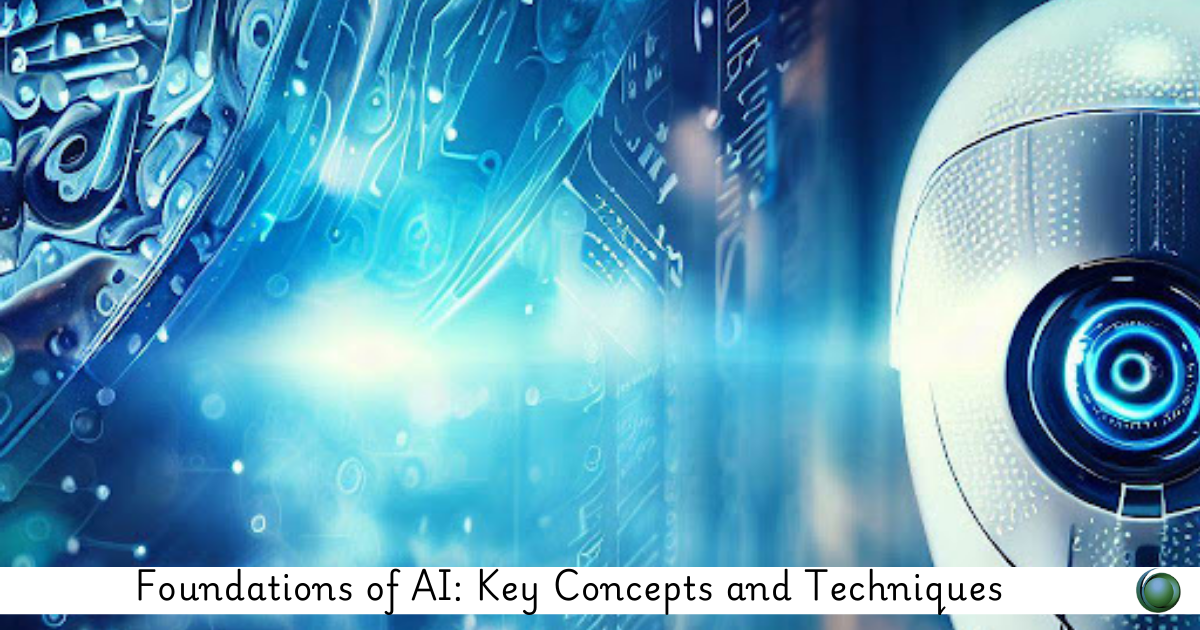Description
Introduction
Agentic AI centers around intelligent agents capable of making decisions, adapting to dynamic environments, and autonomously pursuing goals. These agents differ from traditional AI systems by operating with a high degree of autonomy, intention, and responsiveness. This course demystifies the key elements of Agentic AI, focusing on the design, behavior, and deployment of intelligent agents. Learners will explore how autonomy and goal-driven behaviors shape modern AI applications, from personal assistants to robotics and simulations.
Prerequisites
To understand and apply the concepts in this course, learners should ideally have:
-
A basic understanding of Artificial Intelligence or Machine Learning
-
Introductory programming skills (Python recommended)
-
Familiarity with key computing concepts like algorithms, states, and logic
-
Optional: Experience with multi-agent systems, control theory, or RL
Table of Contents
1. Fundamentals of Intelligent Agents
-
1.1 What Is an Intelligent Agent?
-
1.2 Agent Structure: Perception, Reasoning, Action
-
1.3 Types of Agents: Simple Reflex, Model-Based, Goal-Based, Utility-Based
2. Autonomy in Agentic AI
-
2.1 Defining Autonomy: Scope and Spectrum
-
2.2 Autonomous Behavior vs. Programmed Responses
-
2.3 Measuring and Designing for Autonomy
3. Agent Architectures and Design Models
-
3.1 Reactive Architectures
-
3.2 Deliberative and Hybrid Architectures
-
3.3 Belief-Desire-Intention (BDI) Framework
4. Agent Environments and Interaction
-
4.1 Types of Environments: Deterministic, Stochastic, Static, Dynamic
-
4.2 Agent-Environment Loops and Feedback
-
4.3 Perception, Sensors, and Actuators
5. Goal-Directed Behavior and Decision-Making
-
5.1 Goal Formulation and Prioritization
-
5.2 Planning and Pathfinding
-
5.3 Decision-Making under Uncertainty
6. Multi-Agent Systems (MAS)
-
6.1 Cooperative vs. Competitive Agents
-
6.2 Communication and Coordination
-
6.3 Distributed Autonomy and Emergent Behavior
7. Real-World Applications of Intelligent Agents
-
7.1 Personal Digital Assistants
-
7.2 Autonomous Vehicles and Robotics
-
7.3 Game AI and Virtual Worlds
-
7.4 Industrial Automation and Smart Systems
8. Challenges and Ethical Implications
-
8.1 Trust and Explainability in Autonomous Agents
-
8.2 Bias, Safety, and Control
-
8.3 Agent Misalignment and Human Oversight
Agentic AI represents a crucial step toward building intelligent systems that can think, decide, and act independently in real-world environments. By understanding the mechanics of intelligent agents and the nuances of autonomy, learners are well-positioned to design and evaluate AI systems that behave responsibly and effectively. This course lays the foundation for further exploration into advanced autonomous agents, multi-agent systems, and future-ready AI solutions.







Reviews
There are no reviews yet.